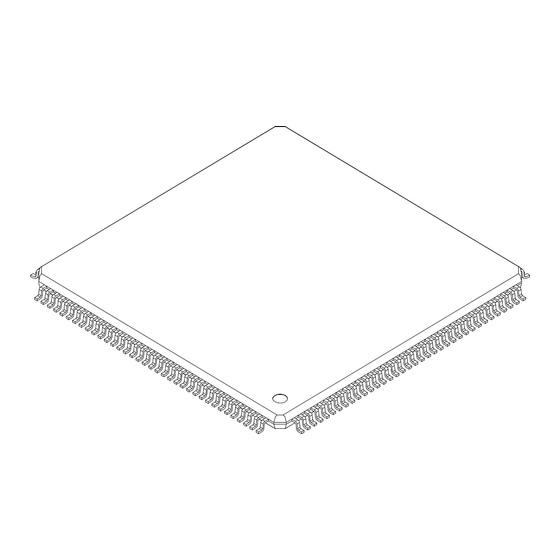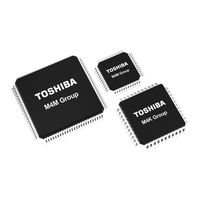
Toshiba TMPM3H Manuals
Manuals and User Guides for Toshiba TMPM3H. We have 2 Toshiba TMPM3H manuals available for free PDF download: Reference Manual
Toshiba TMPM3H Reference Manual (72 pages)
Brand: Toshiba
|
Category: Microcontrollers
|
Size: 1.43 MB
Table of Contents
Advertisement
Toshiba TMPM3H Reference Manual (71 pages)
32-bit RISC Microcontroller
Brand: Toshiba
|
Category: Microcontrollers
|
Size: 0.99 MB
Table of Contents
Advertisement

